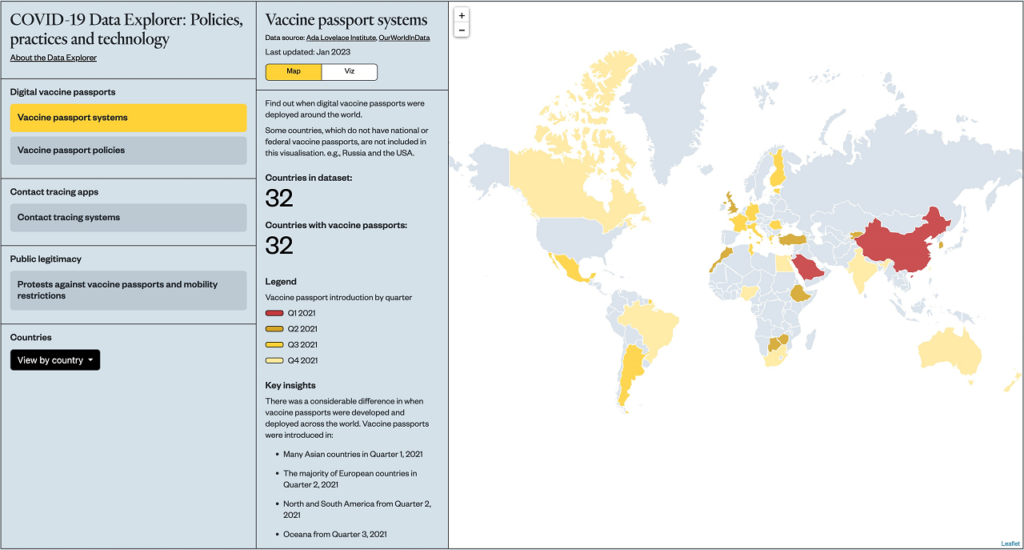COVID-19 Data Explorer: Policies, practices and technology
The COVID-19 Data Explorer allows you to investigate how technology was created and used during the COVID-19 pandemic
13 June 2023
Reading time: 15 minutes

What are COVID-19 technologies? Why do we investigate them?
The COVID-19 pandemic was the first global public health crisis of ‘the algorithmic age’. In response, hundreds of new data-driven technologies were developed to diagnose patients, identify vulnerable populations and conduct public health surveillance of people known to be infected.
While these technologies offered promising public health benefits during a time of emergency, they also raised questions around efficacy, informed consent, public legitimacy, privacy, surveillance, proportionality, and the role of technology in public health management in general.
Contact tracing apps and digital vaccine passports were two of the most widely deployed of these technologies in dealing with the pandemic, and therefore tested public acceptability of these types of tools.
What is the COVID-19 Data Explorer?
The COVID-19 Data Explorer supports the discovery and exploration of policies and practices relating to contact tracing apps and digital vaccine passports across the world. We investigated a cross-section of 34 countries from six continents, aiming for our sample to be regionally representative. More information on our methodology is below.
The data collected and presented demonstrates how countries’ approaches to technology, policy and practice differed and evolved over time. Information on technologies, timelines and public response can also be used to explore the legacy and implications of their rapid deployment.
The Explorer is organised into the following sections:
-
Digital vaccine passports: Explore timelines of emergence and implementation of digital vaccine passports in our sample
-
Contact tracing apps: Contact tracing apps were introduced with the hope of accelerating contact tracing efforts. Explore the technological variations across countries
-
Public legitimacy: Public legitimacy was key to the success of digital vaccine passports, but they caused public backlash around privacy, fairness, and effectiveness. Vaccine passport requirements to access public spaces and travel were resisted in nearly half of the countries in our sample.
-
View by country: Explore timelines and types of vaccine passports and contact tracing apps per country.
Lessons from the App Store
This resource was developed in partnership with a research design company, Hetco Design, and is accompanied by a synthesis report: Lessons from the App Store.
The synthesis report analyses the evidence on how contact tracing apps and digital vaccine passports were deployed, summarising cross-cutting findings under four themes:
- Effectiveness: Did COVID-19 technologies work?
- Public legitimacy: Did people accept COVID-19 technologies?
- Inequalities: How did COVID-19 technologies affect inequalities?
- Governance, regulation and accountability: Were COVID-19 technologies governed well and with accountability?
Methodology
To produce the Data Explorer we collected country-specific quantitative and qualitative data on the following:
- introduction date of digital vaccine passports
- cumulative number of cases
- cumulative number of deaths
- share of vaccinated people
- implementation of digital vaccine passports, for example, mandatory in workplaces, international travel, etc.
- government-launched contact tracing apps
- features of government-launched contact tracing apps, for example, the inclusion of vaccine information
- technical infrastructure of contact tracing apps
- evidence of governance g. laws, regulations and oversight mechanisms
- evidence of technical problems
- evidence of repurposing the technology, for example, using the data collected through a contact tracing app for the surveillance of citizens
- evidence of long-term implications, for example, whether a digital vaccine passport has been transformed into a digital identity system
- evidence of protests concerning vaccine passports.
Sampling
The COVID-19 Data Explorer focuses on policies and practices in 34 countries in total. Our sampling aims to be regionally representative and is based on the geographical regions of North Africa, Central Africa, South Africa, Southeast Asia, Central Asia, East Asia, North America, South America, Eastern Europe, European Union, Middle East and Oceania.
The countries in our sample are:
- Argentina (ARG)
- Australia (AUS)
- Brazil (BRA)
- Botswana (BWA)
- Canada (CAN)
- China (CHN)
- Germany (DEU)
- Egypt (EGY)
- Estonia (EST)
- Ethiopia (ETH)
- Finland (FIN)
- France (FRA)
- United Kingdom (GBR)
- Greece (GRC)
- India (IND)
- Israel (ISR)
- Italy (ITA)
- Jamaica (JAM)
- Kyrgyzstan (KGZ)
- South Korea (KOR)
- Morocco (MAR)
- Mexico (MEX)
- Nigeria (NGA)
- New Zealand (NZL)
- Romania (ROU)
- Russia (RUS)
- Saudi Arabia (SAU)
- Singapore (SGP)
- Tunisia (TUN)
- Türkiye (TUR)
- Taiwan (TWN)
- United States of America (USA)
- South Africa (ZAF)
- Zimbabwe (ZWF)
Contact tracing apps
Methods and data
Ada Lovelace Institute datasets
Literature review: Academic and grey literature was reviewed, with findings presented in the country pages.
Desk research: Desk research was conducted using a set of keywords for each country in our sample. These keywords included ‘vaccine certificate’, ‘vaccine passport’, ‘immunity certificate’, ‘digital contact tracing’, ‘contact tracing app’, ‘COVID-19 technologies’ and the name of the country.
Call for evidence: In July 2022, the Ada Lovelace Institute put out an international call for evidence on the effectiveness and social impact of digital vaccine passports and contact tracing. Relevant evidence is used as case studies, and coded under the categories listed above.
External datasets
We utilised quantitative datasets from Our World in Data for the following data categories:
- Proportion of vaccinated people
- Cumulative number of cases
- Cumulative number of deaths
This data was used to create a pandemic impact score for each country, giving equal weight to the three variables.
Limitations and strengths
There are currently 34 countries in this sample. The data aims to be representative, but it was not possible to build comprehensive evidence for every continent, country, or region. Additionally, we focused on government-launched contact tracing apps and did not investigate technologies and policy of the technology sector.
The evidence on COVID-19 technologies is sparse. To address these limitations a variety of sources were used, including media outlets, research papers, government websites, and evidence submitted to the Ada Lovelace Institute. Nevertheless, the limited evidence base indicates the lack of in-depth evaluation and research on these novel technologies at an international level.
As a UK-based organisation, there may be evidence from parts of the world which we have been unable to access.
A language barrier also emerged in policy analysis. Our methodology was to conduct research in the official languages of the countries in our sample, collecting data on policies and regulations from government websites and policy papers and using online translation tools.
However, this was challenging, and it was often difficult to source official policy papers. Our country-specific data on governance, legacy and public attitudes draws on media reports and research papers in the English language.
Despite these limitations, the COVID-19 Data Explorer offers a valuable synopsis of when these technologies were rolled out and how they have been governed across the world.
—
The Ada Lovelace Institute will continue to monitor the uses and developments of these technologies and update our data periodically. This tool is a valuable source of information for civil society, researchers and policymakers as they continue to research pandemic technologies.
We welcome the contributions of researchers, journalists, experts, and the public to help us update policies and improve our research. Please contact us.
COVID-19 technologies blog series
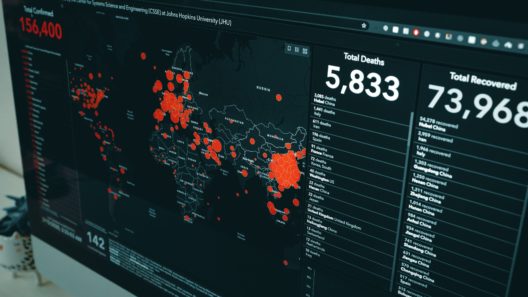
COVID-19: How public health emergencies have been repurposed as security threats
Shedding light on the capacity of technology to trace and monitor the movement of individuals.
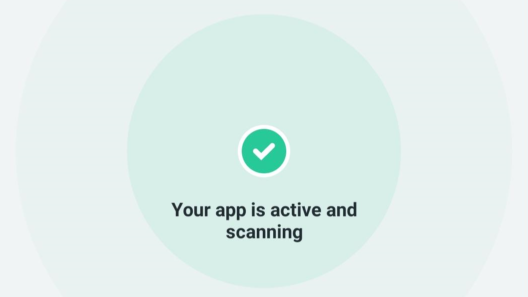
The NHS COVID-19 app: is it an enduring public health technology?
Will the long-awaited contract tracing app deliver on its promises for 2020 and beyond?

What will the first pandemic of the algorithmic age mean for data governance?
Global crises provide high-stakes stress testing for societal institutions, revealing – for better or worse – the cracks in existing systems.

UK contact tracing apps: the view from Northern Ireland and Scotland
What can we learn about successful approaches to COVID-19 technologies from the devolved nations of the UK?
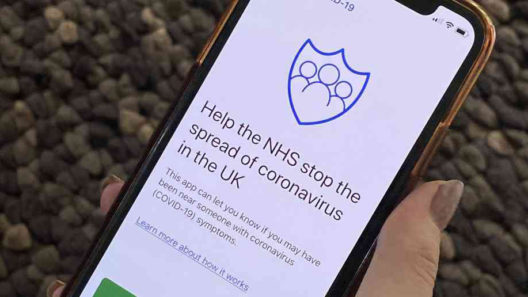
Turn it off and on again: lessons learned from the NHS contact tracing app
The decision to delay the app’s launch is the right one.
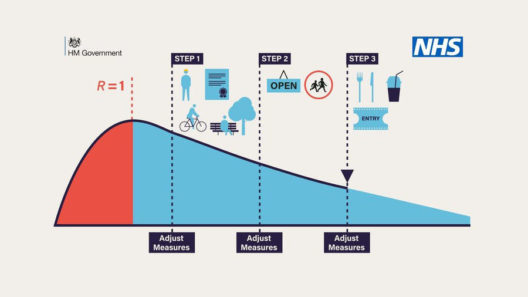
To be seen we must be measured: data visualisation and inequality
How data, bodies and experience entwine.

Data-driven responses to coronavirus are only as good as the trust we place in them
Data is bringing huge benefits in the fight against Covid-19, but we must remain vigilant about NHS plans to collaborate with tech giants.

It’s complicated: what the public thinks about COVID-19 technologies
Lessons developers and policymakers must learn from the public about COVID-19 technologies.
COVID-19 reports and resources

Lessons from the App Store
Insights and learnings from COVID-19 technologies

International monitor: vaccine passports and COVID-19 status apps
A tracker collating developments in policy and practices around vaccine certification and COVID-19 status apps as they emerge around the world.
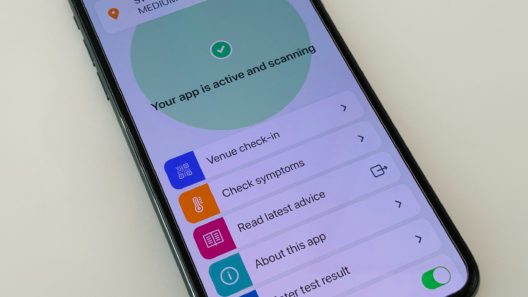
COVID-19 digital contact tracing tracker
A resource for monitoring the development, uptake and efficacy of global attempts to use smartphones and other digital devices for contact tracing.
Related content

Lessons from the App Store
Insights and learnings from COVID-19 technologies
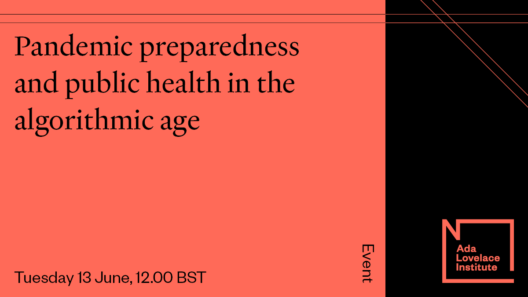
Pandemic preparedness and public health in the algorithmic age
Lessons from the App Store: Insights and learnings from COVID-19 technologies
